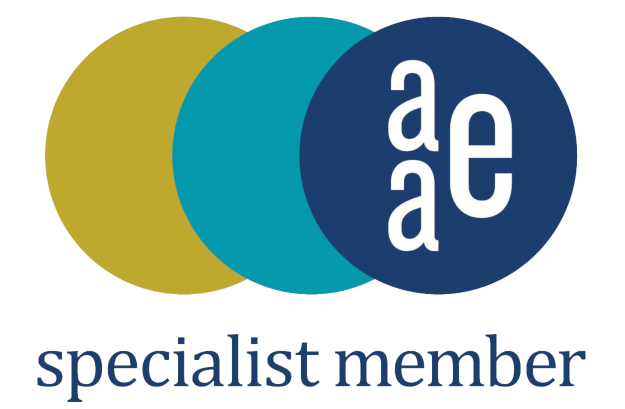Post-Operative Instructions
Root Canals
- Unless otherwise directed, please call your referring dentist this week to make arrangements to have the tooth permanently restored sometime within the next few weeks.
- Please don't chew on the tooth today. Even after today, try to do most of your chewing on the other side until the tooth is permanently restored.
- You may experience discomfort for several days. Usually this is minor, but you may require ice packs, Ibuprofen (Advil, Nuprin, Motrin) Tylenol, or aspirin. Depending on the severity of the discomfort, stronger medications may be prescribed by Dr. Brandys. At times, a tooth will be tender to bite on for up to two weeks.
- To our female patients who have been prescribed an antibiotic: Antibiotics may interfere with the effectiveness of oral contraceptives (birth control pills). If you are taking oral contraceptives and have been given a prescription for an antibiotic, we strongly advise the use of additional means of birth control. This should be done during the entire monthly cycle in which the antibiotic will be used, and for the following cycle. Although the risk is considered low, this warning is given to help you prevent birth control failures and unwanted pregnancy.
- Occasionally, swelling will develop within one week. If that occurs, please call our office.
- We would like to check this tooth in six or seven months to ensure healing has progressed satisfactorily. Our office will send you a reminder card in six months for your recall appointment (there is no fee for this service). If you have any concerns between now and then, please call us.
Apical Surgery
- After surgery, lie down, elevate your head and don't do anything more strenuous than watching TV or reading.
- Apply an ice bag or cold compress to the outside of your face over the operated area. Apply for 15 minutes then remove for 15 minutes. Continue until bedtime.
- Moist heat applications are beneficial the day after surgery.
- The next day resume normal activities at a reduced pace. (No athletic activities until your stitches are removed).
- Do not lift or retract the lips to examine the sutures (stitches). This may cause them to tear and retard healing.
Medications
- Some discomfort will usually be present, however, severe pain seldom occurs.
- Continue to follow instructions for pain medication that were given to you in the office.
- Follow instructions for any other prescribed medication.
Oral hygiene
- It is extremely important that you keep the area of the surgery clean. An oral antibacterial mouth rinse will be given to you to swish with to keep the surgical area clean.
- Although you should not bush directly in the surgical area, it is ok to brush the other areas of the mouth as you normally would.
- Beginning the day after surgery, gently rinse your mouth with salt water (1⁄2 teaspoon salt in 8 ounces of luke warm water) after meals and before bed. Continue this regimen until your next appointment.
- Use of cotton swabs (Q-tips) dipped in salt water, or your rinse, after meals at the incision will speed the healing process.
- The operated tooth/teeth may feel loose for a time until healing is complete.
Bleeding and swelling
- Bleeding is usually minor. It may seem worse than it is because blood mixes with saliva. Minor oozing may continue for several days. To avoid staining your pillow, cover it with a towel.
- Minor discoloration of your face can occur for 5-7 days particularly if you bruise easily.
- Swelling can occur. It is usually minor and of no concern. But if substantial swelling occurs 3 days after the surgery, and if you notice pus draining around the tooth, or you have an elevated temperature, call the doctor.
Diet
- Chew on the other side for 1 week.
- Avoid sharp, crisp, and hard foods such as popcorn, potato chips or crisp bacon.
- Avoid Tough or chewy meats and vegetables.
- Avoid hot and spicy foods.
- Use a relatively soft, bland, high protein diet.
Smoking and Alcohol
- Avoid smoking until the sutures are removed.
- Avoid alcoholic beverages while taking pain medications.
Follow up
- The sutures (stitches) that have been placed must be removed to ensure proper healing. It is important that you return at the appointed time for their removal.
- Recall visits are necessary. Two recall appointments will be scheduled. Once to remove stitches (usually 3-5 days after your procedure), and another six months later to assess healing.
- Should any conditions arise which causes you concern, please contact our office at (630)469-1500.
